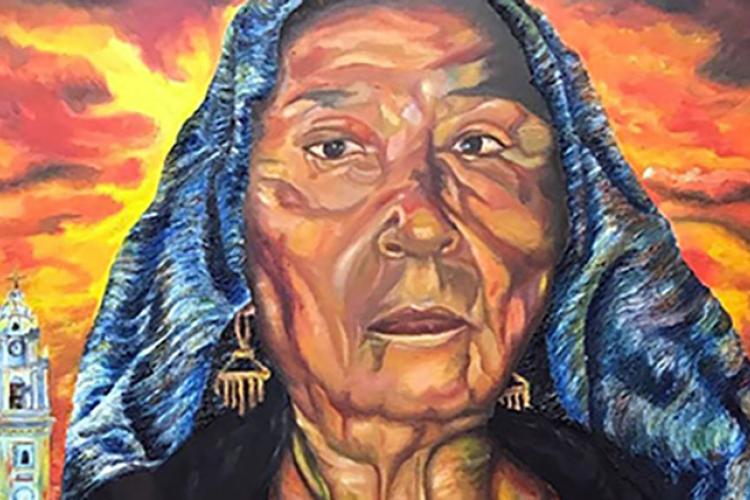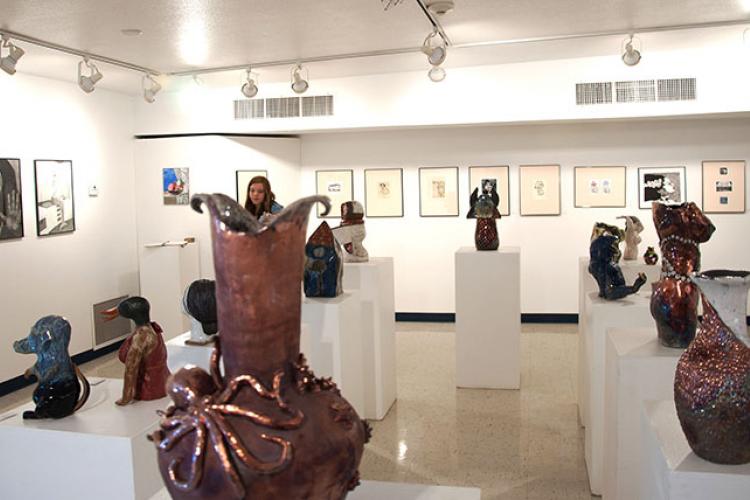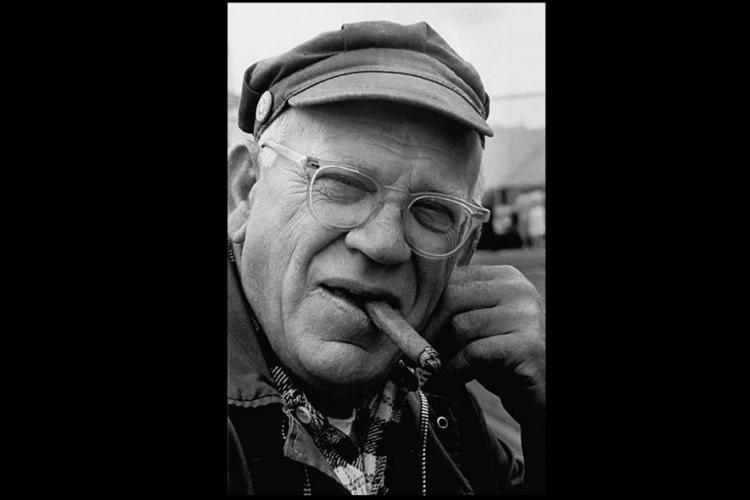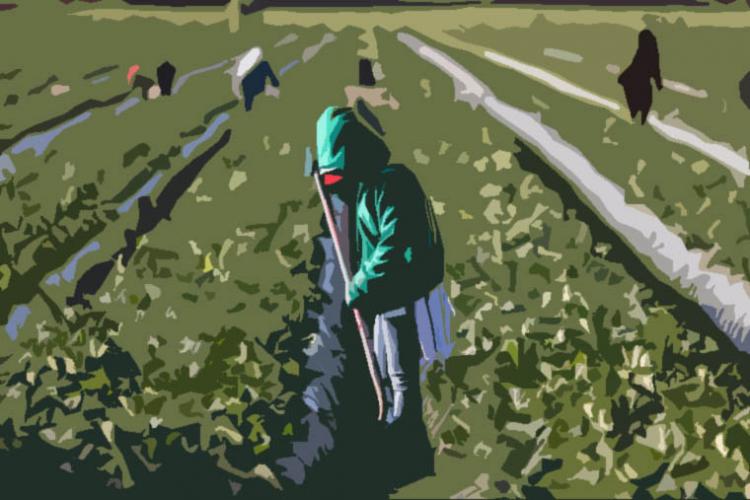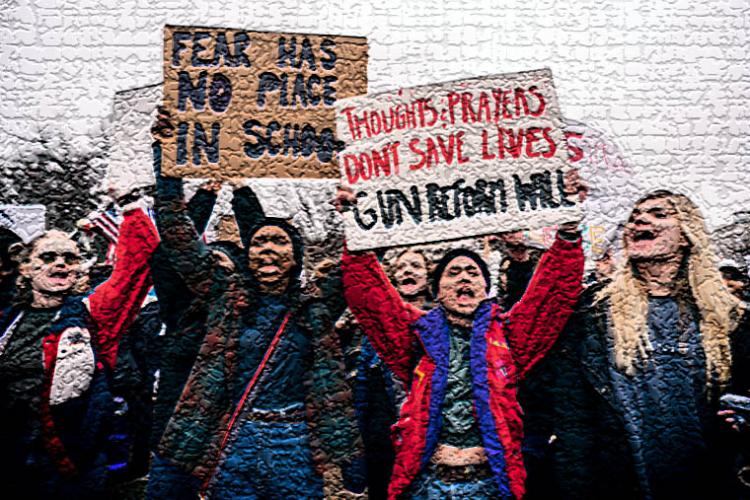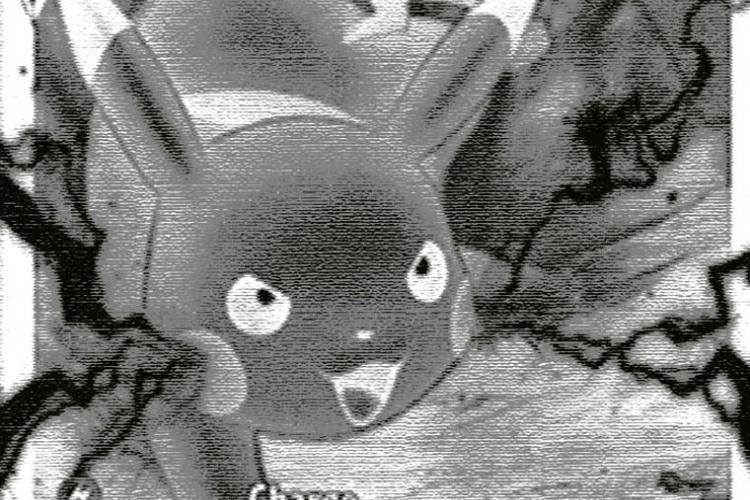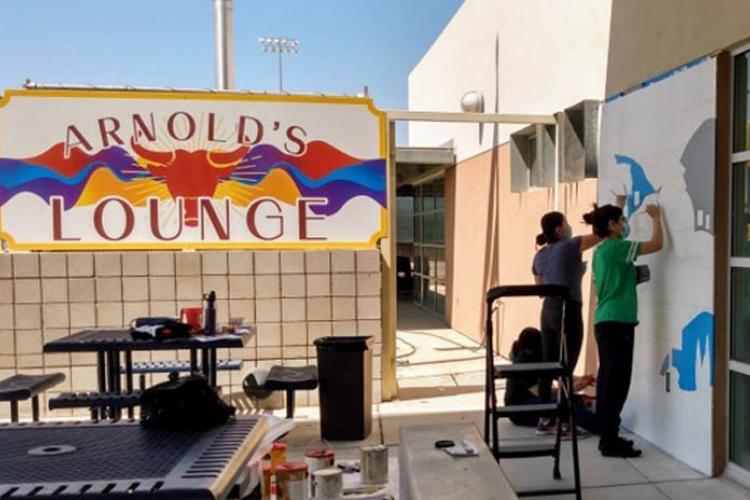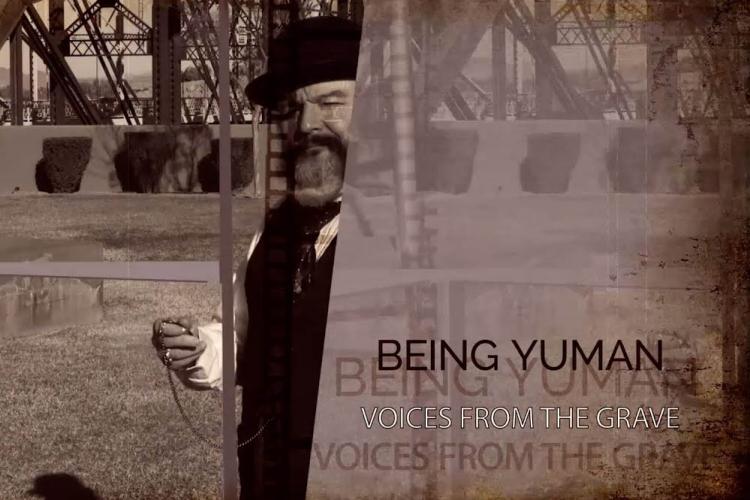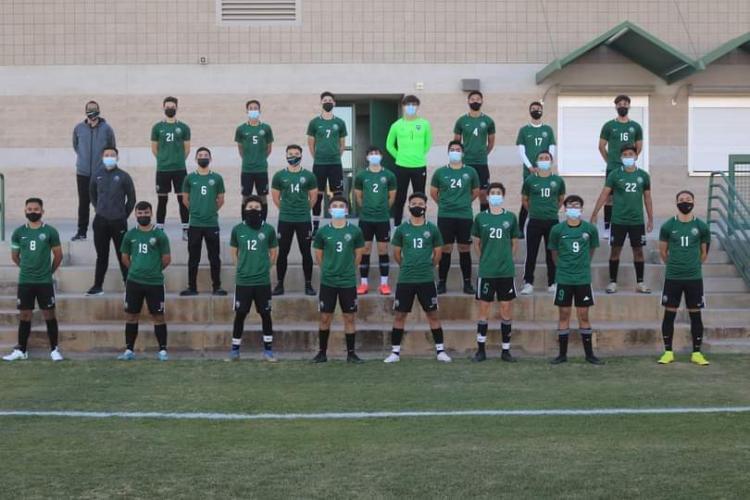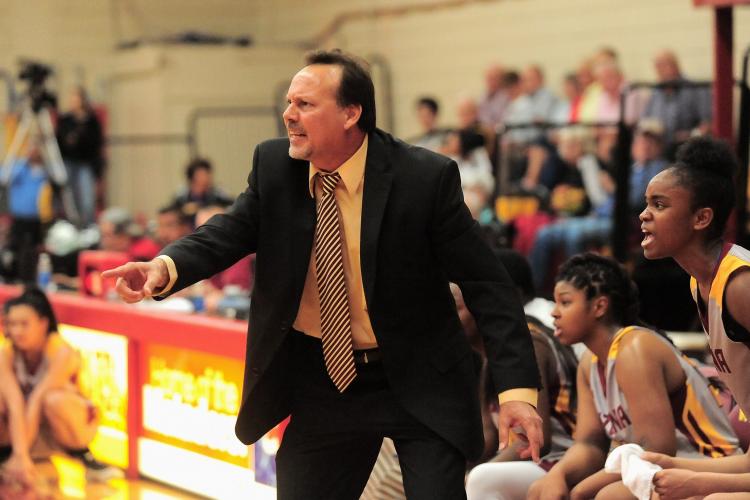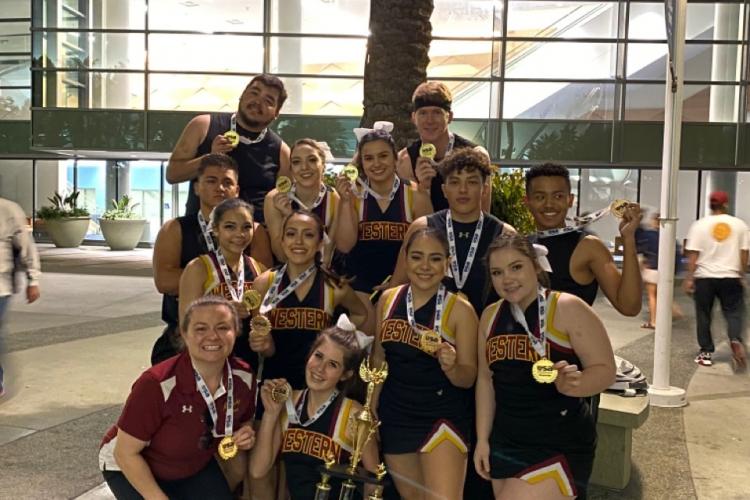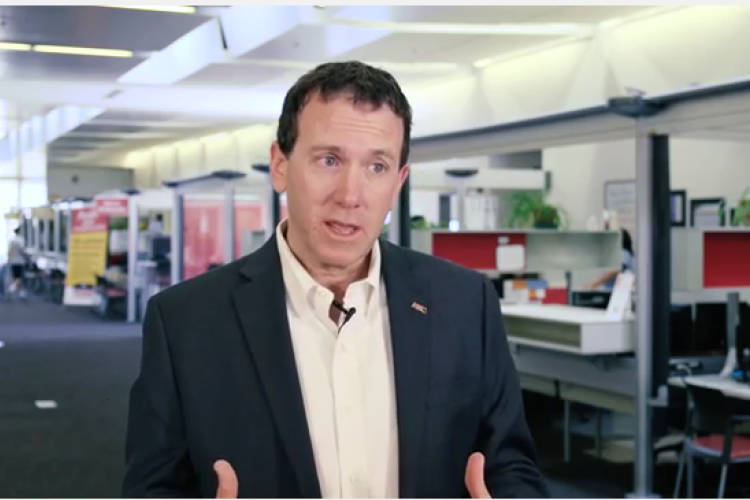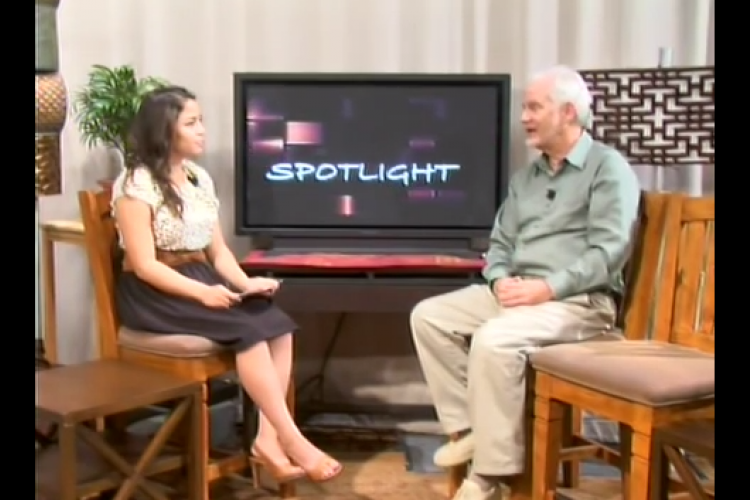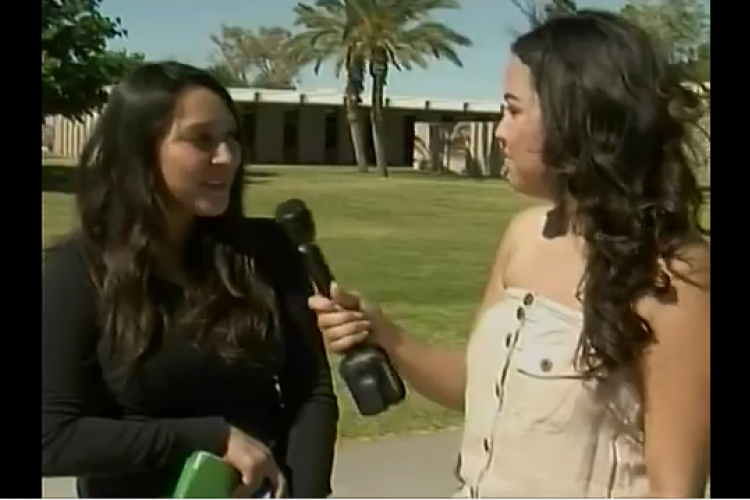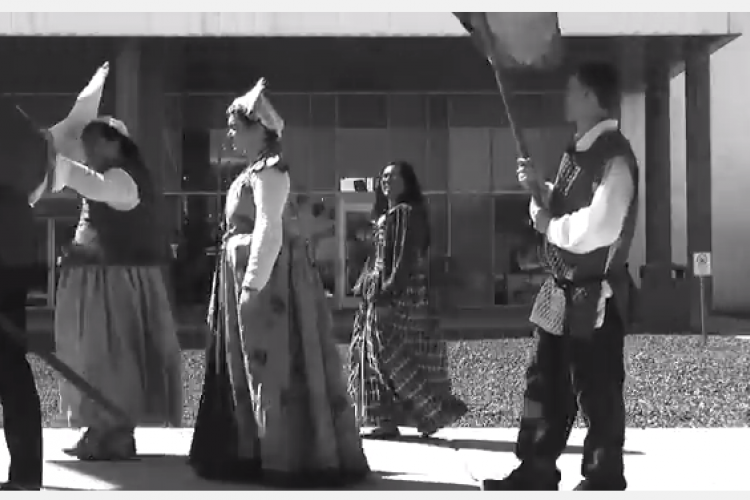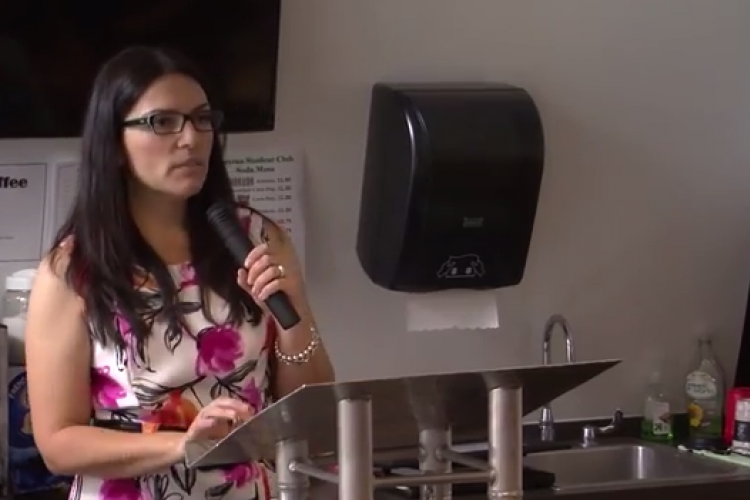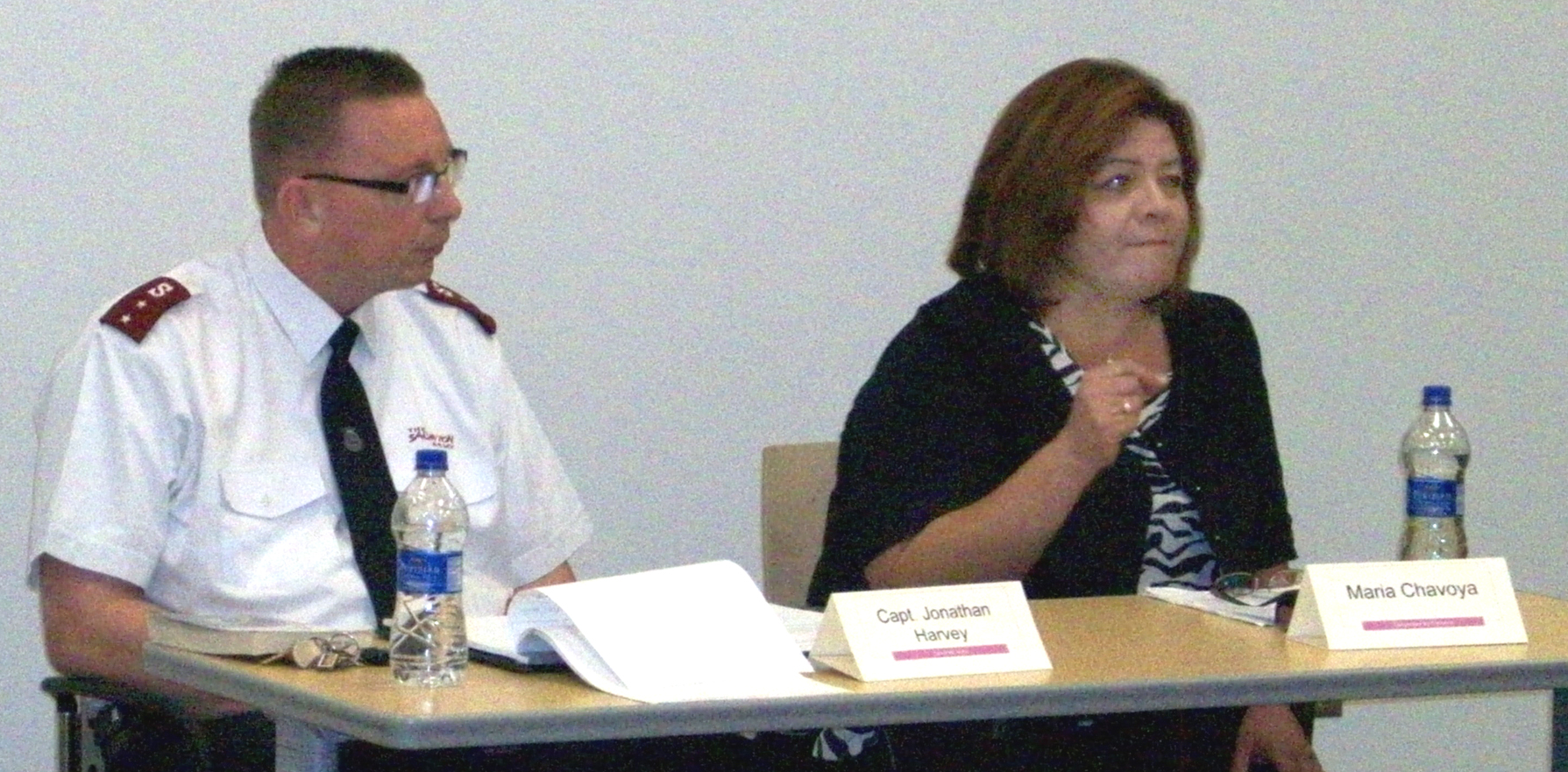
Once again, Yuma hosted “One Book Yuma” – our community-scale book club.
Improving literacy in the community
One Book Yuma is a program that asks members of the community to read a specific book that is later discussed in a free public forum. Usually the author of the book makes an appearance and joins the conversation.
A shared idea
Originally dubbed as “One City, One Book,” One Book Yuma was inspired by the Washington State prototype program, “If All of Seattle Read the Same Book.” Yuma is one of several U.S. cities that have modeled the idea and started similar programs.
The topic of the year
This year Yuma chose the book “Nickel and Dimed: On (not) Getting by in America,” written by Barbara Ehrenreich. Ehrenreich, 68, is an author, political activist, democratic socialist and feminist who has written many articles and nearly 21 books. The book is an exposé about how difficult if not impossible it is for people with low-paying wages to get ahead in life. The book was inspired by a conversation with one of her friends, Lewis Lapham, on the issues of poverty and welfare. Lapham suggested that someone should write about the issue. Ehrenreich decided then that she would live like people with low-paying jobs and experience their hardships as a means to gain the right perspective. The book also attacks the argument that low-wage jobs require “unskilled” labor.
Community Voices
Though Ehrenreich did not attend, three very important persons from the community were there to spearhead the event. Capt. Jonathan Harvey from the Salvation Army, Maria Chavoya from Campesinos Sin Fronteras and William Pederson from Northern Arizona University were in attendance to lead discussion and to answer questions.
The issues discussed were quite diverse. For example, the idea that Corporate America’s greed is hurting the American people and the concept of identity through material possessions were brought to the table. Capt. Harvey expressed how, even though coming from a different background, he had mixed feelings towards the book. One of the feelings he expressed was disgust with how low paying wages force people to live in inhumane conditions. Ms. Chavoya also shared a story of how she couldn’t pay her house bills because, if she did, she would not have been able to feed her children.
Acknowledging the problem
Solutions were also offered during the forum. For example, programs such as the Salvation Army, Campesinos Sin Fronteras and YPIC can offer help to those who need it though sometimes the demand for help is so great that they are overwhelmed and just can’t offer help to everyone who needs it.
Welfare programs were also discussed. Even though it was agreed that they are a good way to help people, they need a lot of improvement, especially in preparing people to get off of welfare and not depend on it.
Education was the main subject that brought more into the discussion. If people had better education on how to control their budgets and on a better work ethic, it would help create more responsible adults. As Capt. Harvey said, “Where there is no vision, people perish.”
A worthy event
Overall, the forum was very educational, and many who attended had wise opinions to share on the topic. The only setback was that few young adults attended to join the discussion. However, a forum was held in Yuma High School on Wednesday, Oct. 21.

